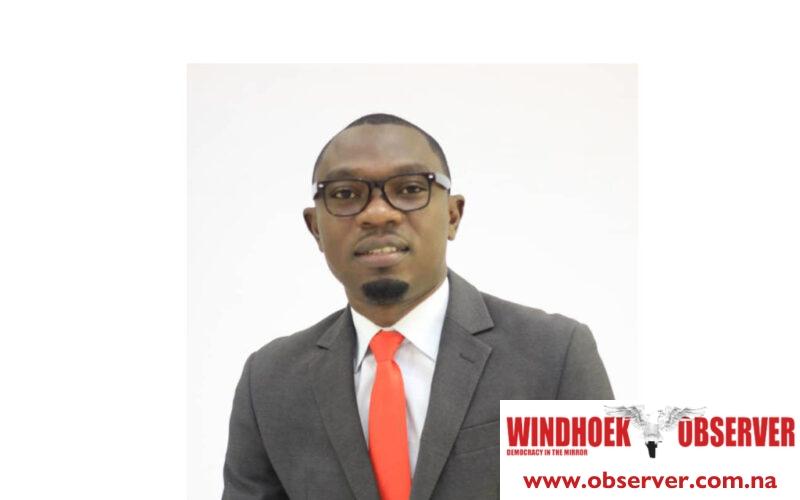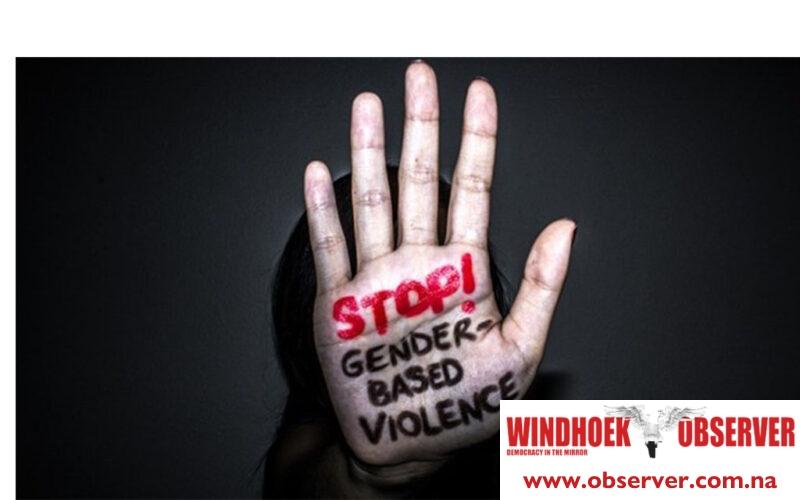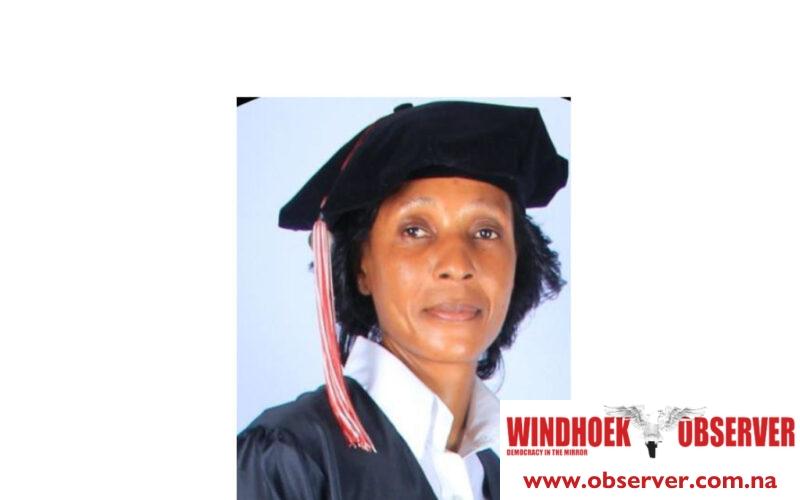19
Jun
As thousands of Namibian learners prepare to transition from high school to university, the excitement of choosing an academic path is often accompanied by the risk of falling into traps set by unaccredited and questionable institutions.Over the past few years, there has been a worrying rise in mushrooming colleges and so-called universities that operate without proper accreditation, offering qualifications that are ultimately worthless in the job market. It is crucial that learners, parents, and guardians become vigilant and informed to avoid wasting time, money, and dreams on institutions run by opportunistic scammers. Accreditation is not just a bureaucratic formality, it…






